A Crisis Wasted?
It began for many of us like a rather normal year. There was the usual anticipation of spring and summer. Suddenly it seemed our world had become a quandary of unknowns, and a frantic search for facts and reason. We had witnessed flu seasons before and many of us had already had our turn with what seemed like ordinary winter flu, with some even experiencing it in overdrive. But we had recovered and we assumed time would now carry us into the spring and summer normality’s of life.
It came like a tsunami, almost out of nowhere. We hardly knew how to adjust our minds and grasp the rapid change as it started jumping oceans and continents, and arrived with almost hysterical pretensions. It can’t really be that bad we thought. Many more die from the known infectious flu’s that circle around, and all the other deadly ailments that seem almost ordinary. But still the potential of this infectious tsunami keeps rolling on.
And then, the difficult reality of being told it is lurking nearby, silent, and insidious; the real dangers seemingly feared most by people with the more imaginative minds, but harder to reconcile for those people that tend to doubt the need to fear what cannot be objectified. For those it could seem very frustrating and needlessly restrictive, as the threat for many seemed to live mostly in the realm of potentiality.
But regardless of one’s viewpoint, there is without doubt, the almost total upend of the social order of our lives. The normal routines that we always liked to keep so tidy, and which seemed mostly in our control, suddenly required some re-direction and thinking. We have seen the hyper-imaginative, irrationally stocking up with doomsday fervor, things that portend mostly to the comforts of life. We have seen and maybe joined those who are appalled at the very idea that they would have to identify with the buying lunacy, standing in the vast lineups, clutching the normal wares, and with darting eyes, hoping no one recognizes us as contributing to the surrounding madness.
What could we learn from these unique times now thrust upon our lives and our families?
There is a highly political statement repeated sometimes which says something like, “Never let a crisis go to waste”. This is a truly sad concept when you think that some people actually look at other people’s suffering as an opportunity for the personal gain they can derive by exploiting someone’s heartache. But is there a right way to view our experiences in a crisis, and seek to learn what God wants us to learn personally, and collectively?
Here are a few observations to consider:
Many are not used to spending this much time together as families. For most of the history of mankind, spending a lot of time living and working closely together was a normal condition of life. Many now in western culture find it somewhat unusual and maybe a little disconcerting, that we need to figure out how to spend this much time together. Have we actually become so used to all the comings and goings as parents, children, and youth, that we just hardly know how to handle this new reality, when a family “togetherness” is practically forced on us?
Sociologists are predicting a rise in divorce rates because marriage partners are being forced to spend much more time together! Could this unique time be a wakeup call from God for us to stop and take stock of the quality of our family time, and whether we have allowed the world to set the pace for our families? There are many good reasons to be busy, but what is necessary and what is simply too much? Do our children and youth enjoy just spending some quiet time at home as a family, or is there always the push to be going away and doing something else? Maybe we need this reminder of how to really “live” together under one roof as a family unit, working together, socializing together, and worshiping together?
Have we become too assuming with our middle class lifestyle? Some of us remember the stories of our grandparents talking about the persecution and hardships during the First World War. Later they had to face the deprivations of the economic crash of 1929. Many of our parents talked about the rationing during the Second World War and the effects and changes that brought to their family life. They remembered the heavy blinds installed at the windows, so no light would show outside during the air raid drills. Police and patriot groups, patrolling the area to make sure there was complete darkness, and reporting people who failed to comply. But that was many years ago, and soon these stories will join the dusty shelves of history. We have become used to the comforts and opportunities of a middle class lifestyle. We are not used to seeing the possible reality of this changing. No one knows yet the economic uncertainties from the fallout of all the containment measures put in place. It may end up mostly several months of inconvenience, or it could have the very real potential for a new economic normal that could change many things in our lives. Have we come to almost assume that a middle class lifestyle is owed to us, that things will just continue as they were before? History and prophecy tell us repeatedly that peaceful, and good economic times are the exception rather than the rule for men and nations. Does God want to show us just how fragile the economic realities are that we may have assumed would always continue and how quickly these things can vanish?
Have we as conservative Christians begun to view personal freedoms as rights rather than gifts? This is largely part of our North American culture and mindset. We are familiar with many of the rights that belong to a free citizen, and we expect that those rights will be respected. Have we possibly imbibed some of the nominal Christian views on government and the rights that they are willing to defend by activism and protest? For most of the history of the Christian church, there were very few “rights” given to God’s people. The freedoms of travel, assembly, speech, Christian schools, and missions, are a rare exception in the whole window of Christian history rather than the norm. How do we as God’s people view this time of restrictions, and the waiving of “rights” by governments? While it is certainly not narrowed against churches, it is interesting how easily we can feel that certain freedoms are our “rights”, and forget that they are only gifts. If history and prophecy are right, they will diminish rather than stay as they have been. Does God maybe want to show us by these little curtailments on our lives right now that maybe we have some learning to do about our view of the suffering church in the world?
Do we understand the personal responsibility for the spiritual life of ourselves and our families? So we have had to cancel some church services for the interim. Schools have been shuttered for awhile and maybe for the rest of the semester. We love going to church, and believe it is important, and we miss it when we can’t be there for whatever reason. But now we can’t take our children to Sunday school, our youth to hear a helpful sermon to encourage them, and we can’t enjoy the spiritual fellowship of our brothers and sisters in Christ. What will happen to us? We believe that God does desire us to meet together, and to “not forsake the assembling of yourselves together”, and this will be even more important in the last days. But what about the many situations throughout church history, and now in this present distress, where the ideal cannot happen? Do we know how to take spiritual responsibility for our own personal relationship with God? Is it possible that we have come to rely on being spoon-fed sermons and good teaching, with little personal involvement and effort? Have we as fathers tended to assume that a good church and school will do the spiritual lifting for my family, as long as we see that they get there? Does God possibly intend that this present time of “family church and home school”, which we struggle with, would cause us to re-evaluate our personal responsibility for the spiritual life of our own souls, and that of our families? Is it not a reminder of the truth that we say sometimes, that a good church and a good school will not be enough for our families if we as parents are not committed to our responsibility in humility and diligence? This time can be a wakeup call to help us evaluate our personal spiritual commitment and our family responsibilities.
It appears that younger people find this restriction of freedom harder to handle. We all know something of the vigor and seemingly boundless energy of youth. This struggle spans all cultures and sociological groups of youth, from the lure of the sandy beaches of the south on summer breaks, to the lack of activities and volleyball games of church youth. The restlessness from so few options of “where can we go”, and “what can we do”, is pronounced and real. But in thinking of a bigger world view, and the many youth that never have, and never will have, any of these curtailed options as part of their normal lives, we contemplate some unsettling realities about the lifestyle opportunities we think are normal. Have we gotten so used to an “entertaining me” philosophy, instead of a “serving others” mentality, that when the usual fun and games are temporarily restricted, we don’t know what to do with ourselves? For many youth around the world today, as well as here North America not that many decades ago, working together with the family took up a lot of the extra time and energy of youth as a part of helping make ends meet for the family. Is this time an opportunity allowed by God for us to assess how much we have acclimated to the society around us? Have we allowed the independence and affluence of our time to distort the values of our youth? Will they be able to “endure hardness as a good soldier of Jesus Christ”, when some real tests of economic hardship and maybe forms of persecution should come? Is this jolt of disturbed reality, intended as a trial run in preparation for more hardships that God’s youth and older alike will face as we continue towards the close of human history?
Jeremiah 12:5 “If thou hast run with the footmen, and they have wearied thee, then how canst thou contend with horses? and if in the land of peace, wherein thou trustest, they wearied thee, then how wilt thou do in the swelling of Jordan?”
How quickly the amiable attitudes toward God-fearing people could change in society. While there may be only certain types of media people that try to target evangelical positions, yet there is no doubt a growing shift in the fabric of society against those who hold a Biblical worldview. Couple this with the kind of self-absorbed “survival of the fittest” mentality when society is thrust into the throes of hysteria, created by a pandemic, and it is easy to see how quickly some people will turn on each other in their attempts of self preservation. The common theme marketed against conservative Christians is that we do not believe in science, because we reject their world view in what they call science. We need to be “wise as serpents, and harmless as doves”, and remember that throughout history, and in many nations today, societies mostly wage open persecution of the church, rather than bless her existence. Would one of the things God wants us to think about, is how quickly the acceptance and amiable feelings of society can change towards us? But really, we should not be overly surprised, as Jesus promised that it will be more the normal rather than the exception for God’s people.
It may seem odd to us that modern medical science cannot fix this problem easier. There has been so much medical knowledge and discoveries, with all the specific studies in bacteriology and virology, and yet here is something that seemingly caught the experts without answers. It’s not that they didn’t believe or hadn’t predicted that a global pandemic could happen. But for us, maybe we have become complacent and naive in our view of the “modern medical” world. Most of the dreaded childhood diseases that were so lethal 100 years ago are mostly eradicated. Sure they haven’t cured a lot of diseases yet in the world, but many of them were in countries with substandard hygiene we thought. We thought we were blessed to live where there were few worries about bad contagions, and we had modern medicine to look after most anything we might have to deal with, or so we may have tended to think. Now that bubble of security has been shattered, and we must deal with the same health uncertainties that most of the world deals with on a daily basis. Does God want us to realize that maybe our trust was not really in Him after all? Have we been so affected by the world’s trust in the “god of science” that we find this new insecurity about life and death unnerving? So after all, really… where is our trust?
We have prayed for greater evangelistic opportunities. We can now more easily have open conversations from historic, scientific, economic, prophetic, or spiritual angles, depending on the person we are talking to. This unique time is an amazing opportunity to point a terrified, and seemingly insulted modern society, to the only true source of security and faith in the person of Jesus Christ! There are many things we have a unique opportunity to ponder, learn, and do, during this time, and may we not let this crisis go to waste!
Originally posted by: www.pilgrimministry.org and used by permission from Jerry Wadel
On January 9, 2021, Strength to Strength discussed practical ways to help in this time of crisis. Be sure to check out their videos.
Tags:
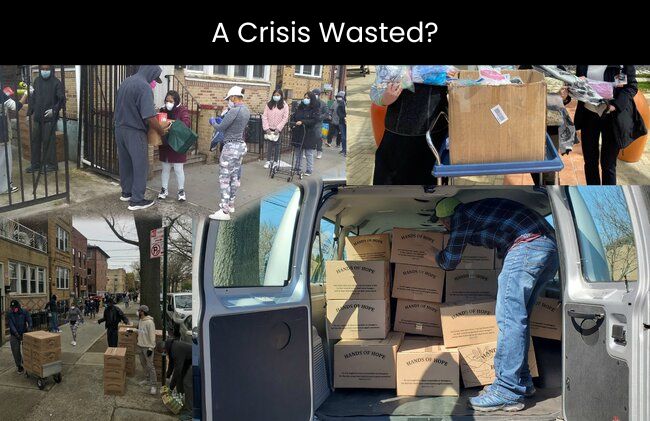

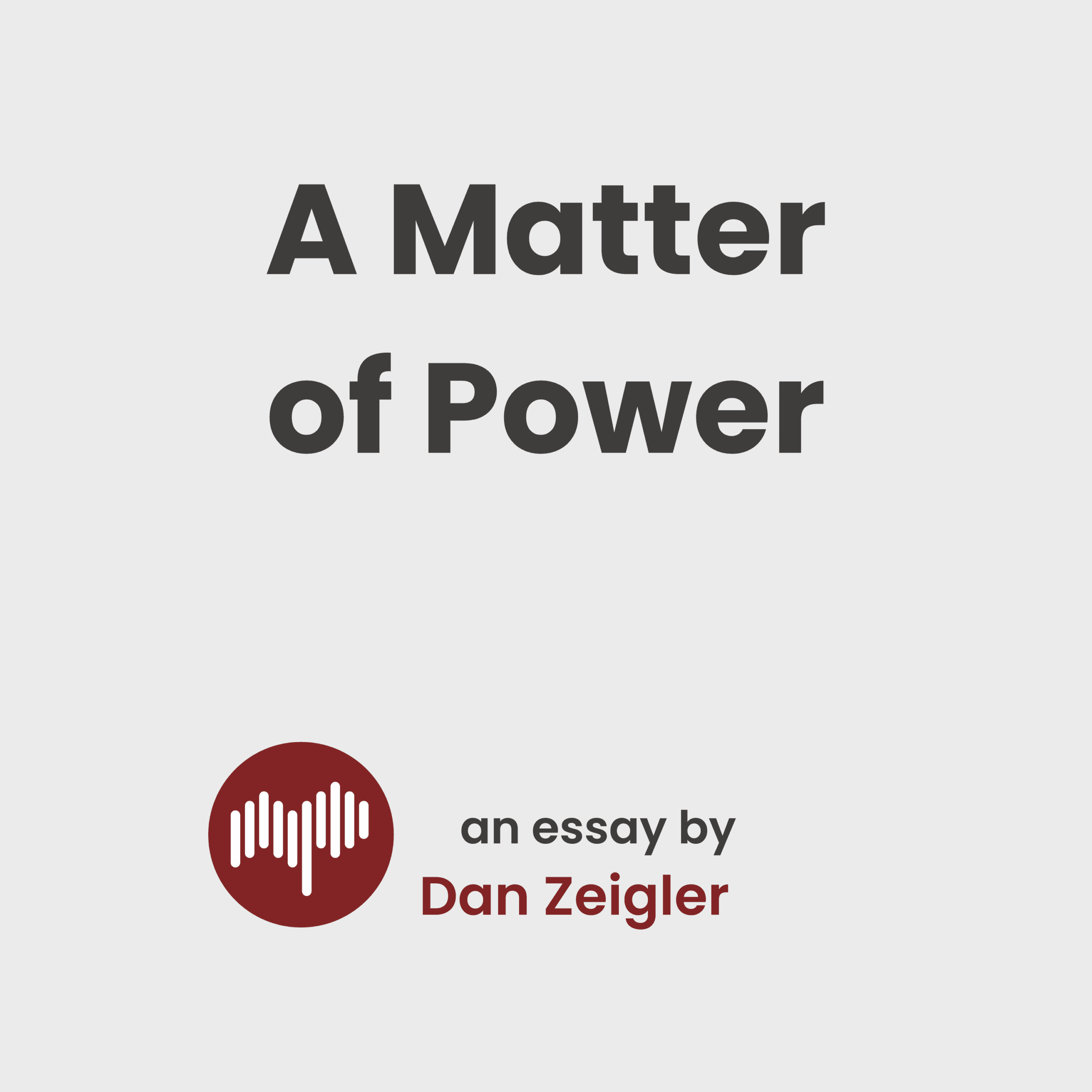
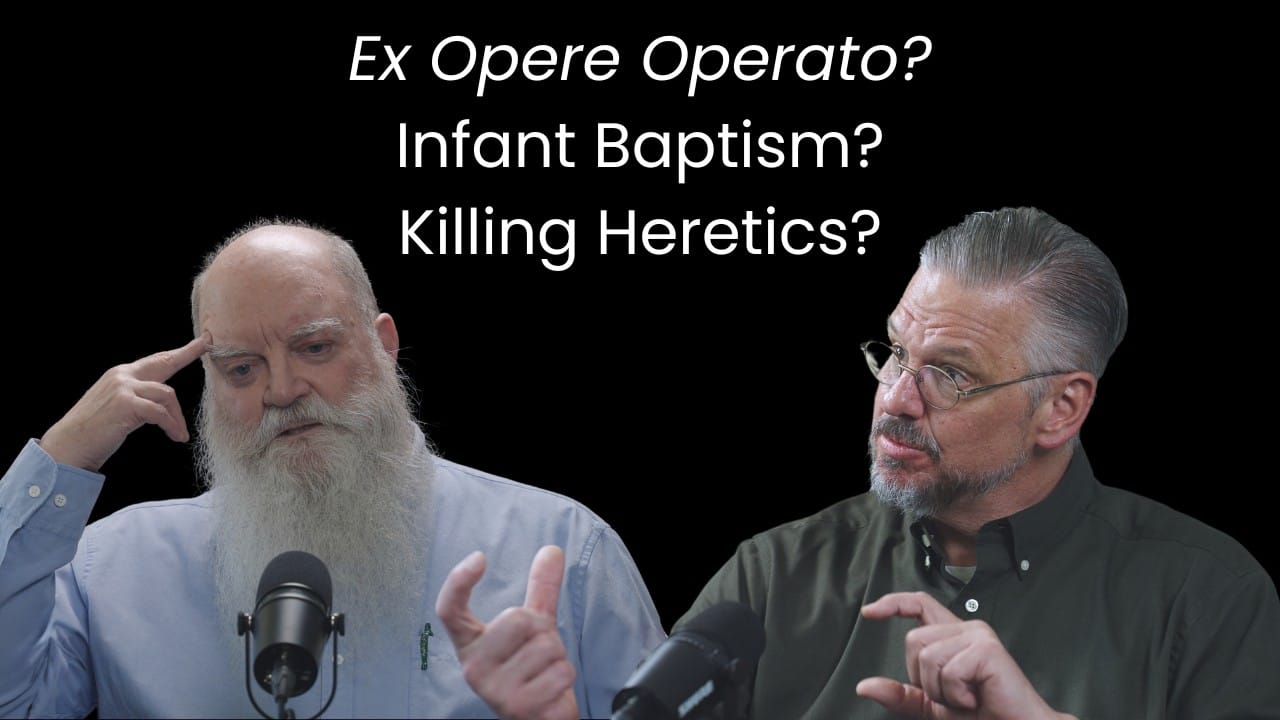
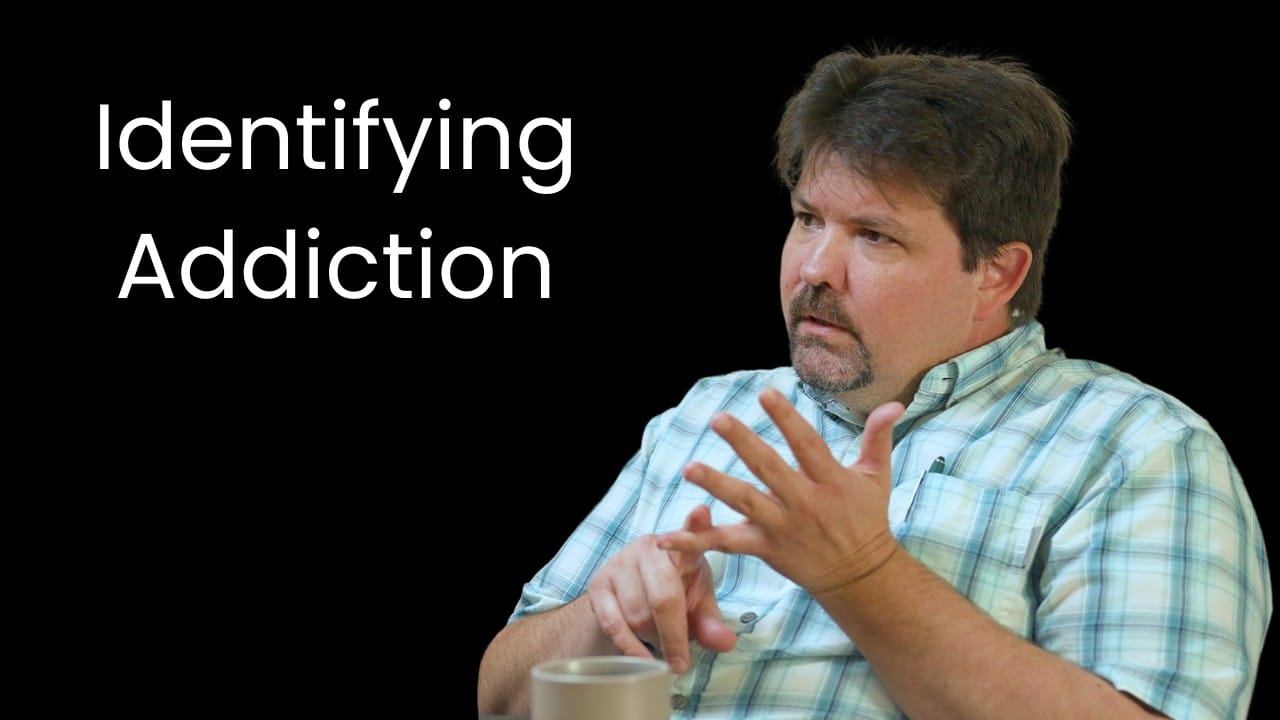
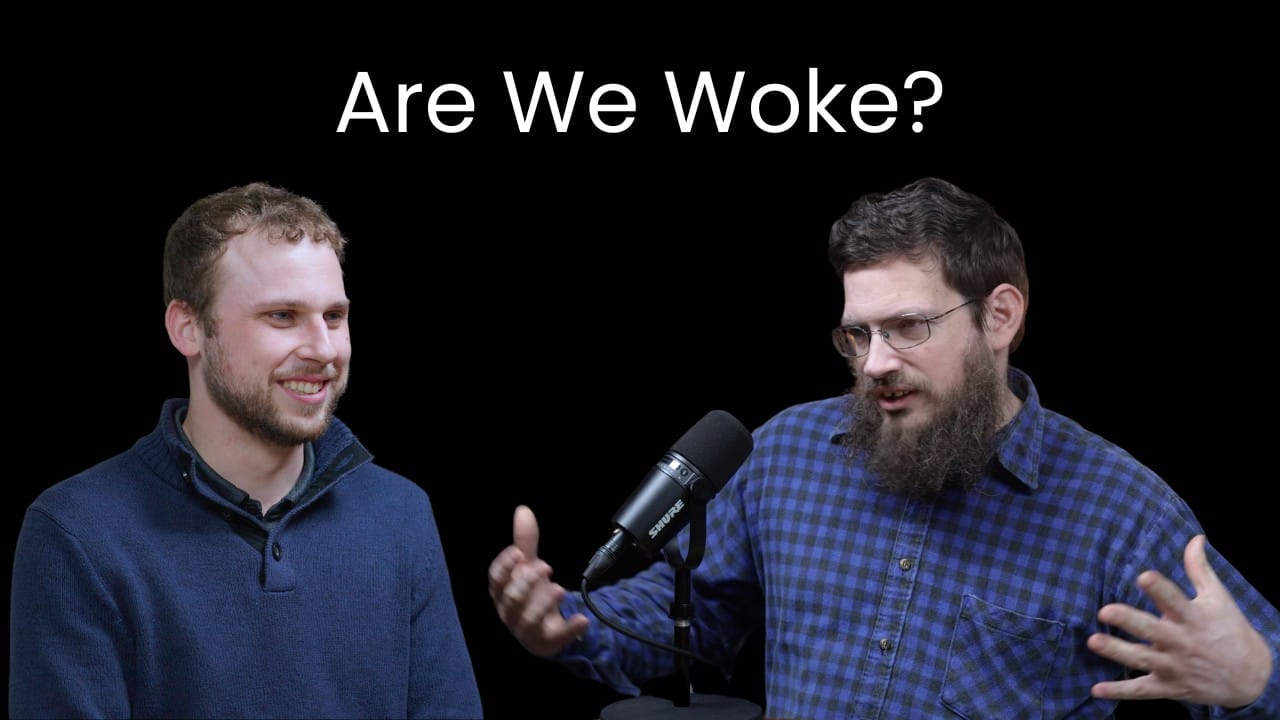
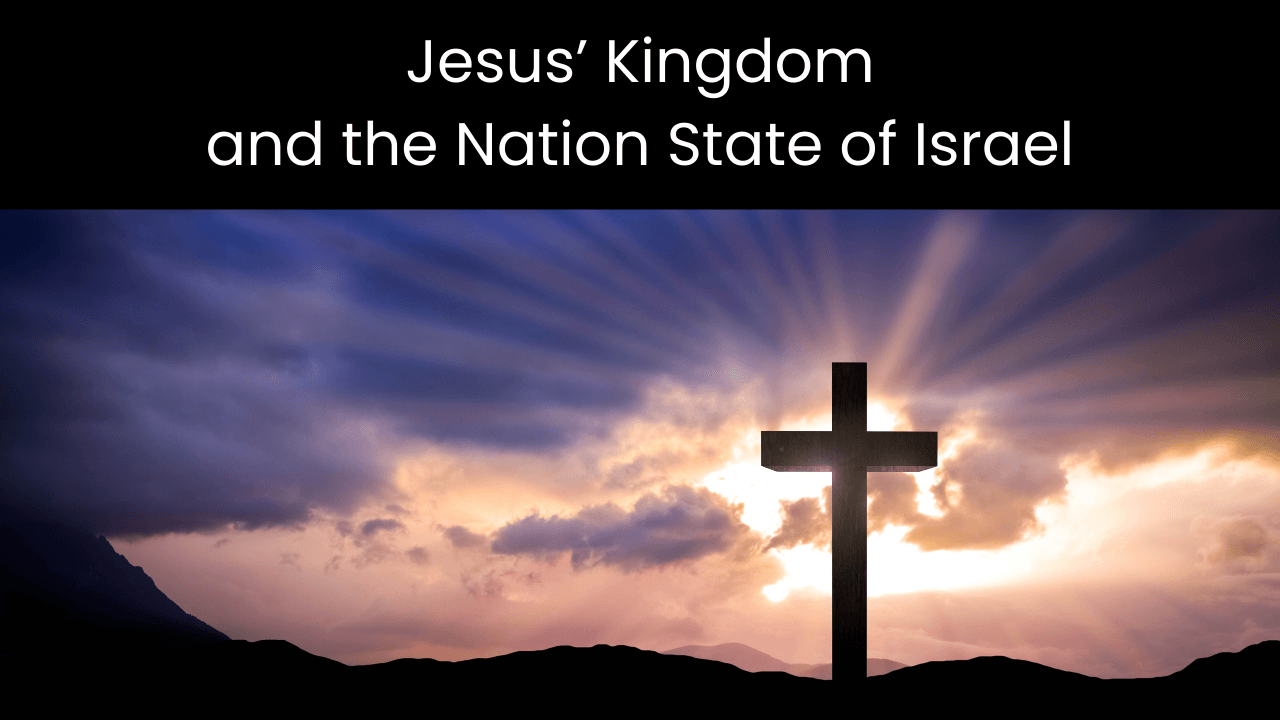
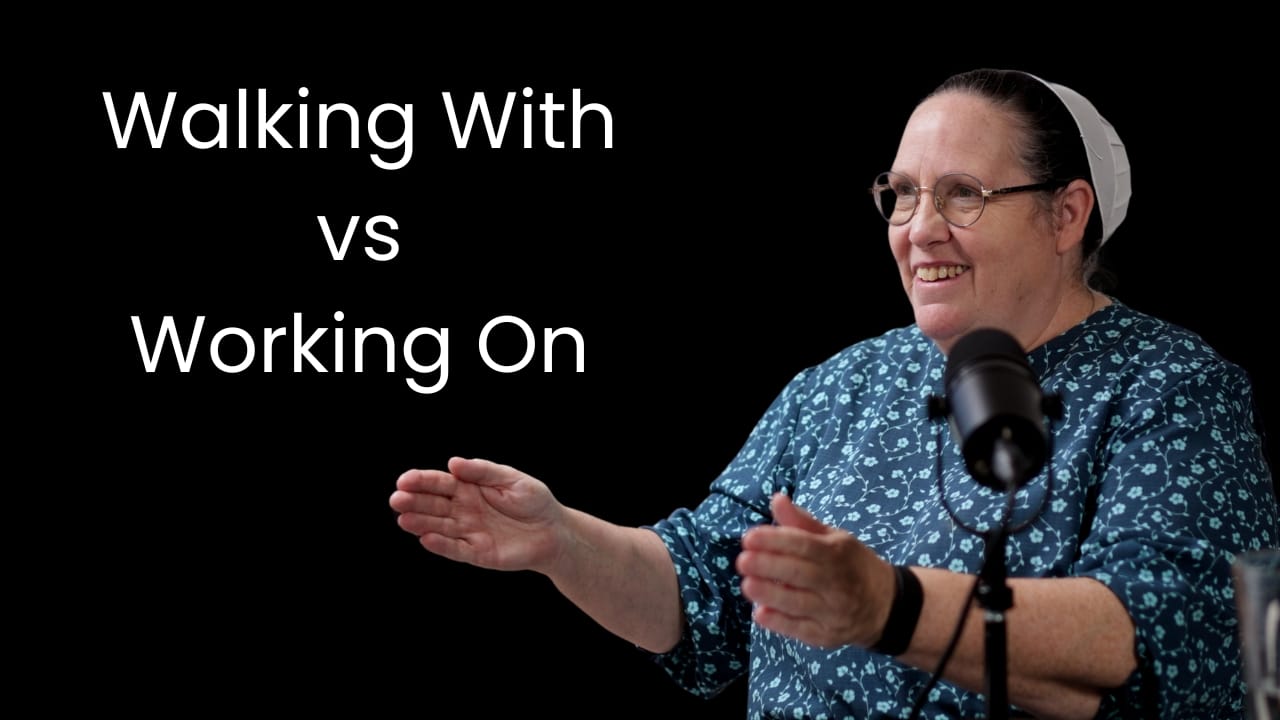
Leave a Reply